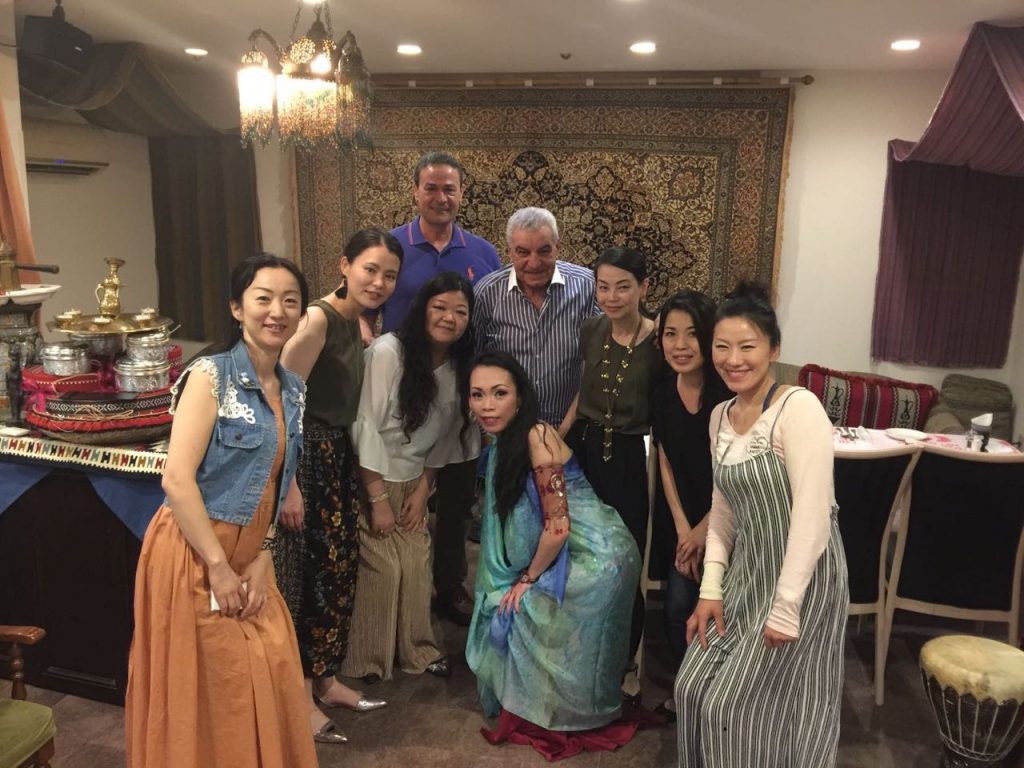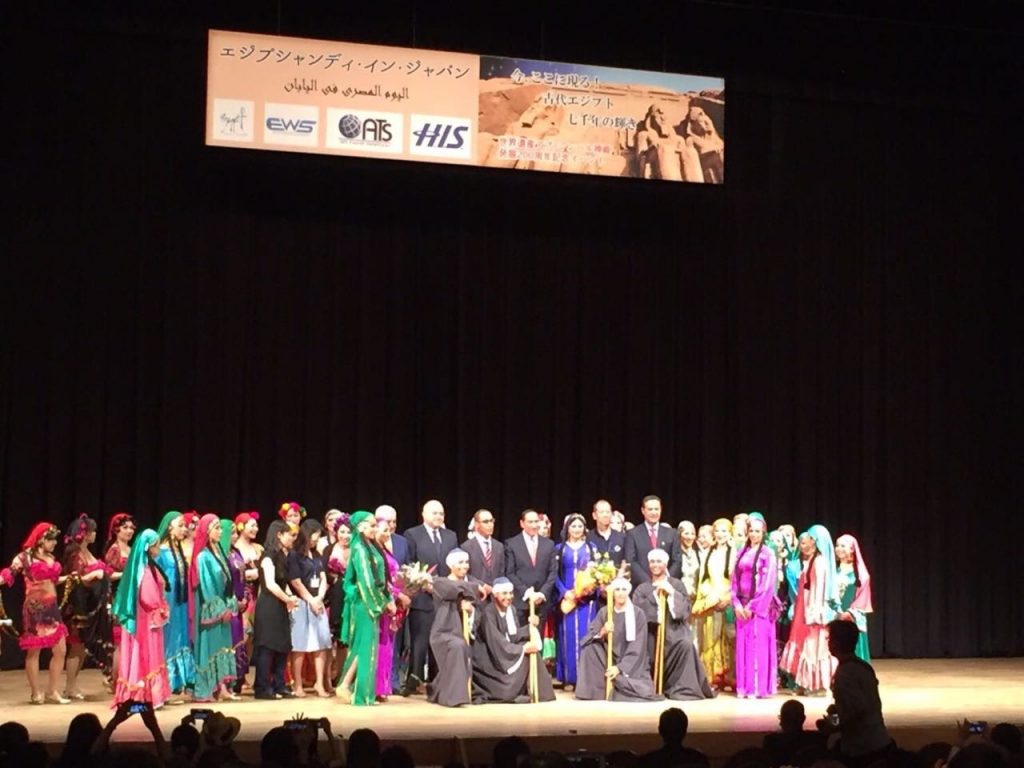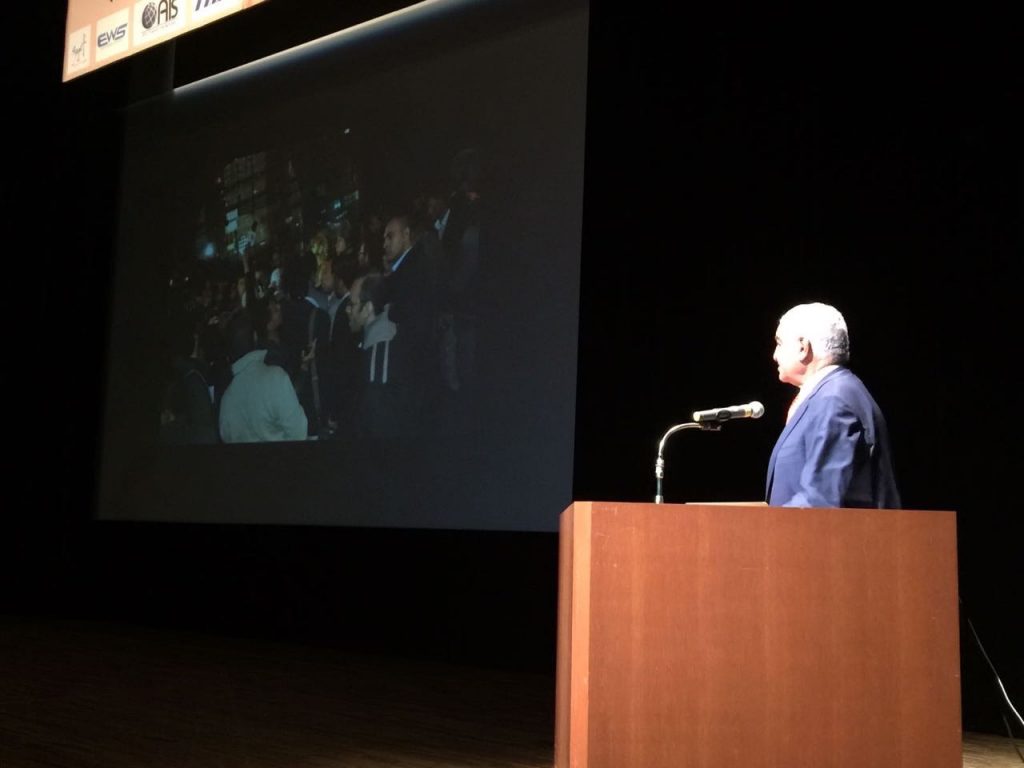





Salma Ahmed
CAIRO: World-renowned Egyptian archaeologist Zahi Hawass has affirmed the importance of Egyptian archaeology around the globe.
“There isn’t a country that does not love Egyptian archaeology,” Hawass, who was minister of state for antiquities affairs, told Arab News.
With only 30 percent of Egyptian monuments discovered, Hawass said there was no rush to pursue the remaining 70 percent which remain hidden underground.
“We don’t want to discover everything. We want to start by preserving and preparing the historical monuments which we have discovered, then start thinking about what is still undiscovered,” Hawass said.
So, restoration and preservation are the main goals for now.
With the new Grand Egyptian Museum still in the works, it seems likely that archaeology will be put in the spotlight once again, with more room for Egyptian artifacts to be showcased and appreciated rather than hidden, as in the old Tahrir museum.
“No one in the world doesn’t know Egypt. Egyptian archaeology is in the hearts of all people all across the world,” Hawass said.
This explains the immense popularity the new museum is expecting, located as it is, minutes away from the Pyramids of Giza.
Another reason behind its expected popularity is the attention ancient Egyptian figures have received across the years.
“Among the most famous ancient Egyptian figures, even for those who are not interested in monuments, we have King Kufu, who built the greatest pyramid, because that pyramid is something everyone talks about,” Hawass said.
He added that King Tutankhamun was popular because his coffin was restored whole, as was King Ramses II, the most famous of Egyptian kings, and Queen Cleopatra. Each of these figures gained fame due to popular tales and monuments attached to them.
[caption id="attachment_1686" align="alignnone" width="427"] Egyptian archaeologist Zahi Hawass. (AFP)[/caption]
Egyptian archaeologist Zahi Hawass. (AFP)[/caption]Hawass plays a crucial role in drawing awareness about Egyptian archaeology around the world as well as focusing on the current situation in Egypt.
“I lecture everywhere (about archaeology)” he said. “Two to three thousand people attend each of my lectures. So I take advantage of to tell people everywhere that Egypt is safe and that Egypt is run by a president whom we have chosen. I am trying to change the perception about Egypt.”
As part of his efforts to promote Egypt and Egyptian culture, Hawass recently visited Japan.
“They (the Japanese) love archaeology. I would never have expected to be famous in Japan, but as a result of their love of Egyptian archaeology, they know me,” Hawass explained.
This is but a speck in the eventful career Hawass has led — which all started by accident.
“As a child I wanted to become a lawyer, so I enrolled in law school at 16 but realized that it wasn’t something I could do. So I left law and decided to study literature. There they told me about a new section called archaeology,” Hawass said.
After graduating Hawass went to work for the government, which he dreaded, until his first project came along. Workers came across a statue hidden inside a coffin which he had to clean. During the process he found his passion for archaeology. He went on to pursue his graduate studies on the subject.
“I went from failure to success thanks to one thing: Passion. When a person is passionate about something, he excels in it.”
Hawass did not point out his most successful or most preferred moment in his career, so full his life has been of memorable events.
“You cannot prefer one of your children over another. They’re all in my heart, all of the discoveries I have made.”